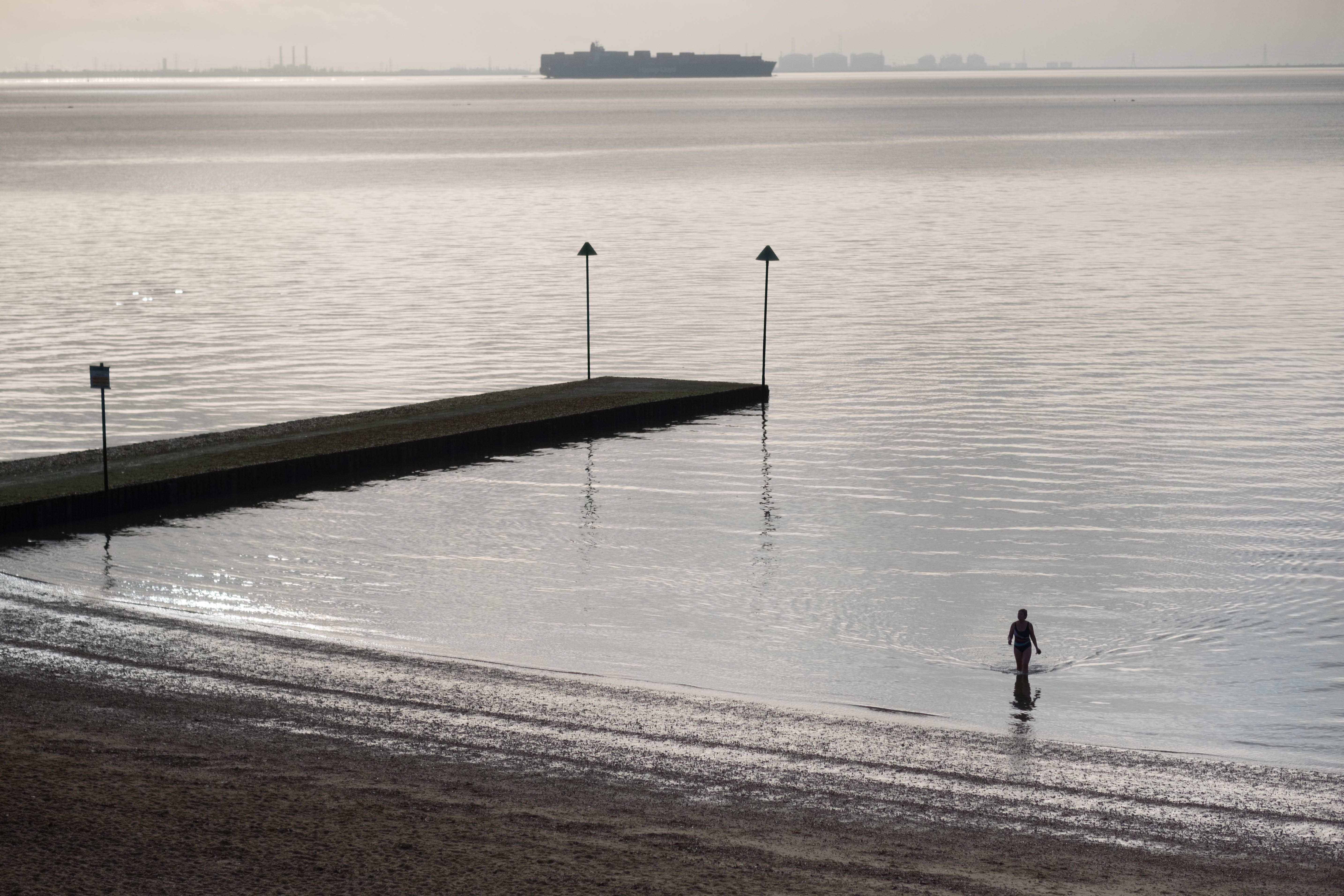UK rivers are too polluted to enjoy, says Ray Mears
The survival guide said people have a hardwired, spiritual need to be by water.

Your support helps us to tell the story
From reproductive rights to climate change to Big Tech, The Independent is on the ground when the story is developing. Whether it's investigating the financials of Elon Musk's pro-Trump PAC or producing our latest documentary, 'The A Word', which shines a light on the American women fighting for reproductive rights, we know how important it is to parse out the facts from the messaging.
At such a critical moment in US history, we need reporters on the ground. Your donation allows us to keep sending journalists to speak to both sides of the story.
The Independent is trusted by Americans across the entire political spectrum. And unlike many other quality news outlets, we choose not to lock Americans out of our reporting and analysis with paywalls. We believe quality journalism should be available to everyone, paid for by those who can afford it.
Your support makes all the difference.Ray Mears has said he would not canoe in some of the UK’s rivers because they are so polluted.
The television woodsman made his career teaching bushcraft and survival techniques, but in an interview with the i newspaper he lamented the state of British waterways.
He told the paper: “I have seen rivers full of effluent, bubbling like they are full of detergent.
“It’s heartbreaking. I’m a canoeist and there are some rivers I wouldn’t put a canoe in to paddle on, which is how bad it is in some places.
“One of the joys for me is to make a canoe trip in wild places and at the end of the day’s hard paddling is to literally jump in and swim and to feel nature envelop me, and I think that’s magical. We should have those opportunities.”
Only 14% of rivers and lakes in England meet good ecological status and none meet good status for persistent, bioaccumulative or toxic chemicals.
Monitoring of PFAS, an industrial chemical that builds up in the body and has been linked to cancer, liver damage and decreased fertility as well as an increased risk of asthma and thyroid disease, has found widespread contamination in UK rivers.
The Times reported on Saturday that water companies plan to pump rivers if more drought conditions threaten drinking water shortages, raising concerns about the transportation of chemicals and the threat to wildlife.
Data obtained by the Labour Party last year showed that monitored discharges of sewage into waterways had increased by more than 26 times between 2016 and 2021 – from 100,533 hours to 2,667,452.
Water companies are only permitted to release sewage during periods of heavy rain so that the system does not back up and pump sewage into people’s homes.
But Surfers Against Sewage said they found 143 “dry spills” between October 2021 and September 2022 by using Met Office data to identify sewage discharges when there had been no rain in the preceding two days.
They also said that more than half the people they asked in a recent survey had reported being sick after wild swimming or water sports.
In his interview with the i, Mr Mears said rivers are part of the “poetry” and “psyche” of the UK and that we have a hardwired, spiritual need to be by water.
The Department for Environment, Food and Rural Affairs said it has increased transparency of sewage discharges by making water companies monitor and publish more data on overflows.
It said the number of monitored overflows has increased 15-fold, from 800 in 2016 to more than 12,000 in 2020 and plans to have all 15,000 overflows covered by the end of this year.
In January, Conservative MPs introduced a new target for water companies to reduce the level of phosphorus, a chemical present in human waste, from treated wastewater by 80%.
The Liberal Democrats and others said the Government had effectively voted to allow sewage to continue for another 15 years.
In response to the vote, Extinction Rebellion began putting up satirical blue plaques, in the style used by English Heritage, by waterways across the country, naming and shaming MPs who had voted in favour of the Government’s new target.